The arrest of Telegram co-founder Pavel Durov on Saturday, August 24 at Le Bourget airport has sparked a wave of reactions on social media. This event, which goes far beyond the simple arrest of an entrepreneur, raises fundamental questions about freedom of expression, mass surveillance, and international diplomatic issues.
Durov, who has multiple nationalities, was arrested on the basis of a warrant issued by a French agency. However, what is being debated is not so much the direct offences he is accused of, but rather the illegal activities that may have taken place on the Telegram platform. France made this decision based on the responsibility of the creators of communication tools for the uses that their users make of them. But is this perspective really fair?
The tool and its creator: an unfair responsibility?
Telegram, like any other social network or communication platform, is a space where various exchanges take place. Some users take advantage of this freedom to commit illegal acts, such as spreading violent content or laundering money. However, holding Durov responsible for these activities seems to be a logic that deserves to be questioned.
Imagine a knife manufacturer being accused of every crime committed with its products. It’s absurd, right? And yet, that’s exactly what’s happening here. Telegram technically enabled these exchanges, but the company never encouraged or intentionally authorized these activities. So why hold its creator accountable?
A diplomatic headache
The Durov case is not limited to a simple legal case; it has taken on a diplomatic dimension. With his Russian, French, and Emirati nationalities, Durov has quickly attracted the attention of several governments. Russia has already raised its voice, demanding explanations from France, while the United Arab Emirates could also intervene to protect one of its citizens.
This complex situation only adds to the international visibility of the case. The media around the world are talking about it, and debates on freedom of expression, digital sovereignty and the regulation of communication tools are multiplying.
A global reaction
The international community was quick to react. Figures like Vitalik Buterin, Elon Musk, and Edward Snowden expressed their concerns. Musk, in his usual style, launched the hashtag #FreePavel, while Snowden called Durov’s arrest a “shame on France” and a threat to fundamental rights. According to them, the arrest could be a way for some governments to gain access to Telegram users’ private data, raising concerns about mass surveillance.
But perhaps the most surprising reaction came from Robert F. Kennedy, who, despite withdrawing his presidential candidacy, remains an influential voice in the United States. His implicit support for Durov could well reignite debates about technology regulation and the place of free speech in political discourse, particularly as the U.S. elections approach.
The impact on the cryptocurrency market
Durov’s arrest also had an immediate impact on the cryptocurrency market. The Telegram-linked cryptocurrency Ton fell by 15-20% after news of his arrest. Although Telegram no longer directly controls the currency, the platform’s influence on the crypto industry remains undeniable.
If Telegram were to be restricted or banned in certain countries, it could affect not only its own ecosystem, but also the overall cryptocurrency market. The uncertainty surrounding the platform’s future could dampen investor enthusiasm and tarnish the already fragile image of cryptocurrencies.
Freedom of expression and surveillance: a never-ending debate
The Durov case raises profound questions about the balance between freedom of expression and public safety. Communication tools like Telegram provide anonymity and privacy that are crucial to protecting individual freedoms. However, this perfect anonymity can also be exploited by malicious individuals.
So should some of this freedom be sacrificed to ensure security? And if so, who should decide? These questions are at the heart of the Durov case, and they remain unanswered. Governments must strike a balance between protecting individual freedoms and fighting crime. But handing over absolute power to a regulatory entity risks abuse, as the Snowden affair in the United States has shown.
A case to follow
The future of Telegram and Pavel Durov remains uncertain. The coming days will be crucial in determining the direction this case will take. Whether in terms of international diplomacy, technology regulation, or the protection of fundamental freedoms, this case goes far beyond the simple arrest of an entrepreneur. It raises fundamental questions that concern each and every one of us, users of digital technology.
It’s important to follow this case closely, as it could very well redefine the rules of the game for communications platforms and how they are regulated globally. And in a world where freedom of expression is increasingly under threat, the outcome of this case could have repercussions far beyond Telegram.
Ultimately, this case reminds us that technology is never neutral. It is a reflection of the values and societal choices we make. And if we are not careful, these choices could well deprive us of what is most precious to us: our freedom.



Share: